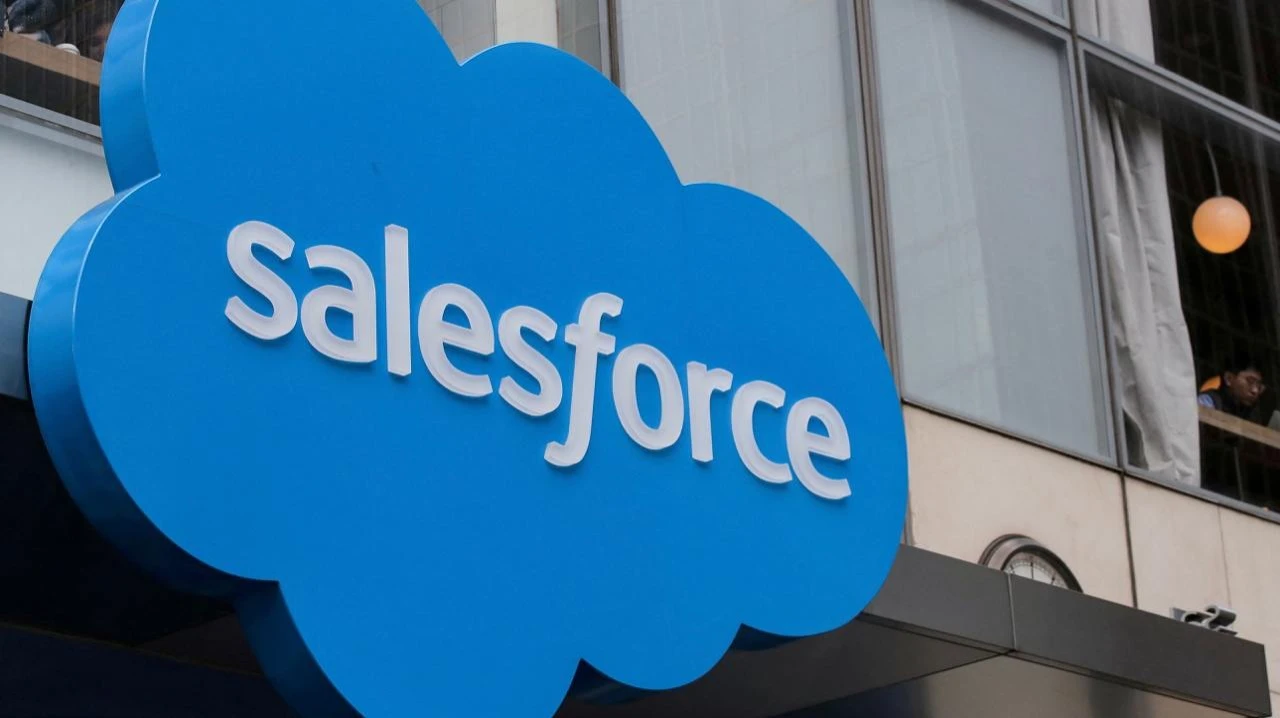Salesforce is entering the homeland security market. Is that a threat to Palantir?
Salesforce shares are down 28% YTD, but analysts see a chance for growth

Salesforce is stepping up competition with Palantir for government contracts. The company, which has already received a $100 million contract from the US Army, has launched a Missionforce division to integrate AI into defense processes. Against this backdrop, analysts see upside potential for the stock, which has lost 28% of its value since the beginning of the year.
Details
One of the world's largest cloud companies, Salesforce, announced the launch of Missionforce, a new national security division that will focus on integrating artificial intelligence into defense workflows.
Previously, the company has already had experience of cooperation with federal agencies. In particular, in July Salesforce received a $100 million contract from the U.S. Army under a corporate license agreement, MarketWatch reports.
Salesforce securities were little changed in the Sept. 17 premarket, though they fell 1.3% at the close of trading.
Why it's important
With the launch of its new business unit, Salesforce is showing investors it's serious about government contracting, MarketWatch notes. CEO Marc Benioff has openly stated that the company is competing with Palantir, which develops data analytics software for government agencies and large corporations.
"We work with the Veterans Administration, the General Services Administration (GSA), and we just won a major contract with the U.S. Army. We beat out Palantir," Benioff noted on Aug. 28 on The Twenty Minute VC podcast.
Palantir's success explains why Salesforce is looking to do more business with the government, MarketWatch specifies. In fiscal 2024, more than half of Palantir's revenue came from the public sector. The company's stock is up 125% since the start of the year, making it a leader even amid skepticism from investors who fear that AI development could disrupt the familiar software industry. By comparison, Salesforce shares have lost 28% since the beginning of the year.
Nevertheless, repeating Palantir's success won't be easy, MarketWatch emphasizes. The company has a reputation for providing very expensive software, but that doesn't deter customers: its solutions are recognized as mission-critical. This is evidenced by a State Department contract awarded in August to support the Orion program. According to the department, Palantir was the only one of 42 bidders whose proposals met the requirements in the area of AI and machine learning.
"Their products are very expensive," Benioff said of Palantir on the same podcast. - Have you seen their price list? But they know how to make deals."
What analysts advise investors
Despite the success, some investors believe Palantir's stock is overvalued, as its revenue is significantly behind Salesforce's, MarketWatch notes. Palantir reported more than $1 billion in quarterly revenue for the first time in the second quarter and $2.87 billion for all of last year. By comparison, Salesforce reported $10.2 billion in revenue for the most recent quarter and $34.9 billion for fiscal 2024. Nevertheless, Palantir's capitalization exceeds $400 billion, while Salesforce's remains around $230 billion.
The drop in Salesforce stock this year could be an opportunity for investors to get in on the action, given the company's focus on government contracts, MarketWatch summarizes. Citizens analyst Patrick Walravens remains optimistic: He believes defense contracting and "competitive ambitions in data and AI" will be drivers of Salesforce's growth. In a recent research note, he called the Army deal the highlight of the second quarter for Salesforce. His rating on the stock is "buy" and his target price is $430, which is 80% above the current stock price.
"Since Salesforce's leadership announced a new focus on operational discipline a couple years ago, its margins have grown significantly. In our view, the potential for improvement remains: the company can leverage its unique position to deploy AI with customers and continues to reshape Salesforce," the Oakmark fund noted in its Q2 2025 investor letter(quoted in Insider Monkey).
Brin Talkington, managing partner at Requisite Capital Management, explained why she bought Salesforce stock on CNBC in early September: "Salesforce is like Uber in the '60s. Marc Benioff said very clearly, let's focus on free cash flow, on margins, on growth and financial strength <...> I think it's an undervalued stock that has been targeted by hedge funds playing down software companies. But to me it's one of the best ideas <...> It's Uber in the '60s."
This article was AI-translated and verified by a human editor
